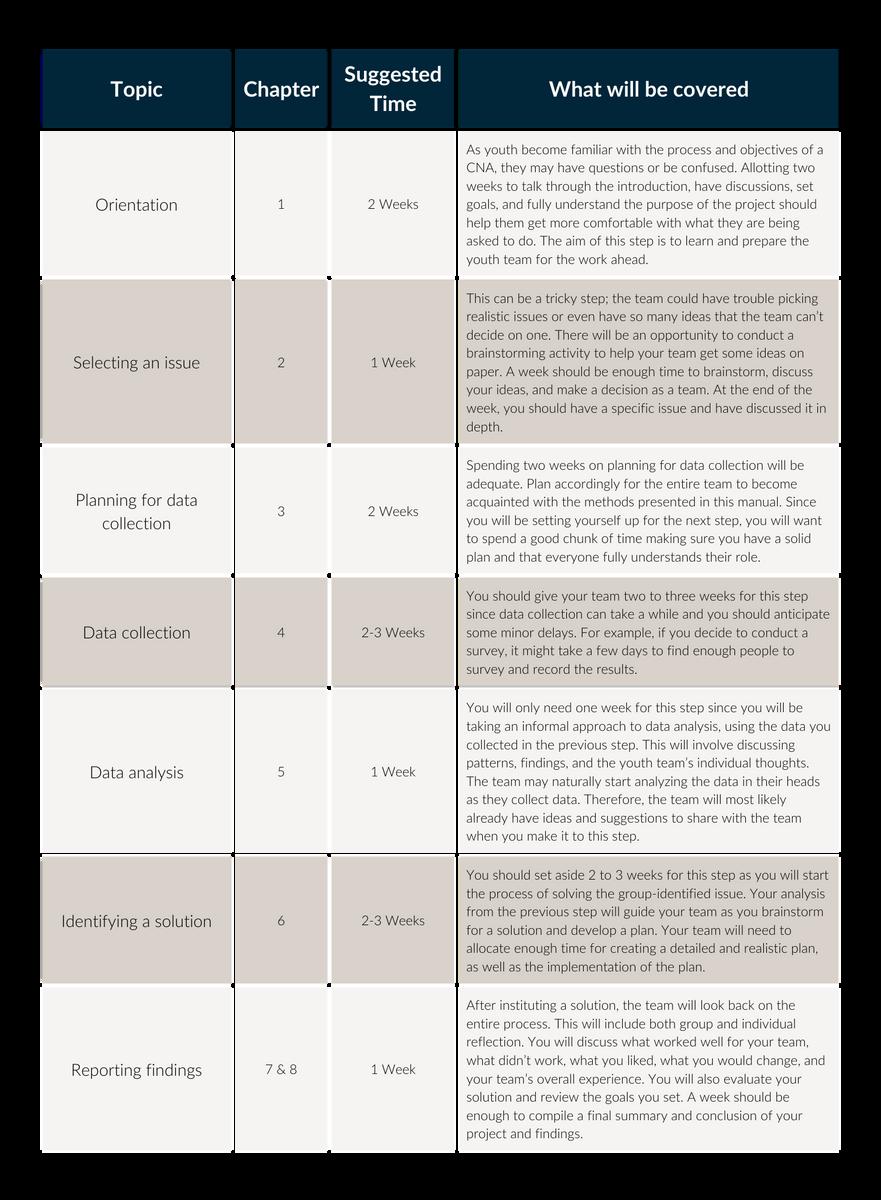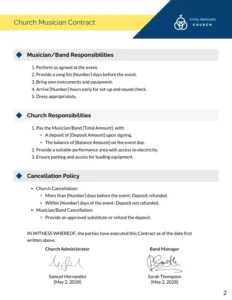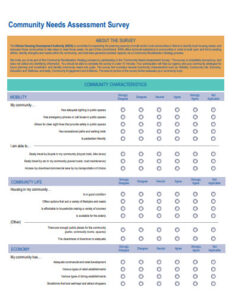Are you looking to truly connect with the young people in your church and community? Sometimes, what we *think* youth need isn’t quite what they *actually* need or want. Effective youth ministry isn’t just about fun games and pizza nights; it’s about fostering an environment where young people can grow spiritually, socially, and emotionally, feeling truly seen and supported. It requires a deep understanding of their unique challenges, interests, and aspirations in today’s complex world.

That’s where a well-designed needs assessment comes into play. It’s a powerful tool that moves beyond assumptions, providing clear, actionable insights directly from the source – the youth themselves. Using a comprehensive youth ministry needs assessment survey template can be the cornerstone of a ministry that genuinely resonates with and empowers the next generation, ensuring your efforts are not only engaging but also truly impactful.
Why a Needs Assessment is Crucial for Thriving Youth Ministry
Imagine pouring your heart and soul into a program, only to find that it misses the mark with the young people you’re trying to reach. This common frustration often stems from a lack of current, direct understanding of their evolving needs and desires. A needs assessment survey serves as a vital compass, guiding your ministry away from guesswork and towards intentional, relevant programming that speaks directly to the hearts and minds of your youth. It helps you identify gaps in current offerings, unearth new opportunities, and prioritize resources effectively.
Beyond simply understanding what youth want to do, a thorough needs assessment helps uncover deeper spiritual and emotional needs. Are they struggling with anxiety, identity, or peer pressure? Do they feel disconnected, or are they yearning for deeper spiritual conversations? Knowing these nuances allows you to design programs that offer not just entertainment, but genuine support, guidance, and spiritual formation tailored to their specific life stage and challenges. This level of intentionality transforms a good youth group into a life-changing community.
Furthermore, involving youth in the assessment process itself can be incredibly empowering. It communicates that their voices matter, that their opinions are valued, and that their perspective is essential to shaping their own ministry experience. This participatory approach fosters a sense of ownership and investment, leading to greater engagement and commitment when new programs or initiatives are launched based on their feedback. It builds a foundation of trust and collaboration between leaders and the youth they serve.
Ultimately, a robust needs assessment isn’t just about gathering data; it’s about building bridges. It allows you to create a ministry that isn’t just about what you can offer, but about what they truly need to flourish. By using a youth ministry needs assessment survey template, you are taking a proactive step towards creating a vibrant, dynamic, and truly effective youth ministry that genuinely nurtures and equips young people for their journey of faith.
Key Areas to Explore in Your Survey
- Spiritual Growth and Understanding: How do youth prefer to learn about faith? What spiritual questions are they grappling with?
- Social Connection and Belonging: Are they looking for more social activities, mentoring, or opportunities to serve?
- Personal Development and Challenges: What skills do they want to develop? What pressures or issues are they facing?
- Program Preferences: What topics, formats (e.g., small groups, large events, discussions), and times work best for them?
- Communication: How do they prefer to receive information about youth ministry events?
- Leadership and Service Opportunities: Are they interested in taking on leadership roles or serving others?
- Overall Satisfaction and Suggestions: What do they love about current ministry, and what changes would they suggest?
Crafting Your Effective Youth Ministry Needs Assessment Survey
Once you understand the “why,” the next step is the “how” of creating an effective survey. The key is to make it approachable, relevant, and easy for young people to complete. Think about their attention spans and communication styles. Using clear, concise language free of jargon will encourage more honest and complete responses. Consider the platform you’ll use – an online survey tool is often convenient and allows for easy data compilation, but a physical paper survey distributed during a youth group meeting can also work well, especially if you have a captive audience.
Designing your questions thoughtfully is paramount. A mix of question types can provide a richer dataset. For instance, multiple-choice or Likert scale questions (e.g., “On a scale of 1 to 5…”) are great for quick, quantifiable data on preferences or frequency. However, don’t shy away from open-ended questions that invite more detailed, qualitative feedback. These are where you’ll often uncover the truly surprising insights and hear directly in their own words what matters most to them. Ensuring anonymity is also crucial, as it encourages more honest and vulnerable responses, particularly on sensitive topics.
Consider how you will introduce the survey to the youth. Explain its purpose clearly: that their input will directly influence the future of their ministry. Emphasize that there are no right or wrong answers, only their honest opinions. You might even offer a small incentive for participation, like a drawing for a gift card or extra snack time, to boost completion rates. Make the survey accessible on various devices if using an online format, and ensure it’s easy to navigate.
Finally, the most critical part of the process is not just collecting the data, but analyzing it and, most importantly, acting on it. Schedule time to review the responses as a team. Look for patterns, common themes, and surprising insights. Discuss how these findings can be integrated into your existing programs or inspire new initiatives. When youth see their feedback being put into action, it reinforces the value of their voices and strengthens their trust and engagement with the ministry, creating a self-reinforcing cycle of growth and relevance.
By intentionally gathering and responding to the input from the young people themselves, your ministry moves from merely serving them to truly partnering with them in their faith journey. This collaborative approach fosters a dynamic and thriving environment where young people are not just attendees, but active participants and co-creators of their spiritual community. The insights gained become the foundation for a more purposeful and impactful youth ministry, one that genuinely meets the needs of today’s youth.



